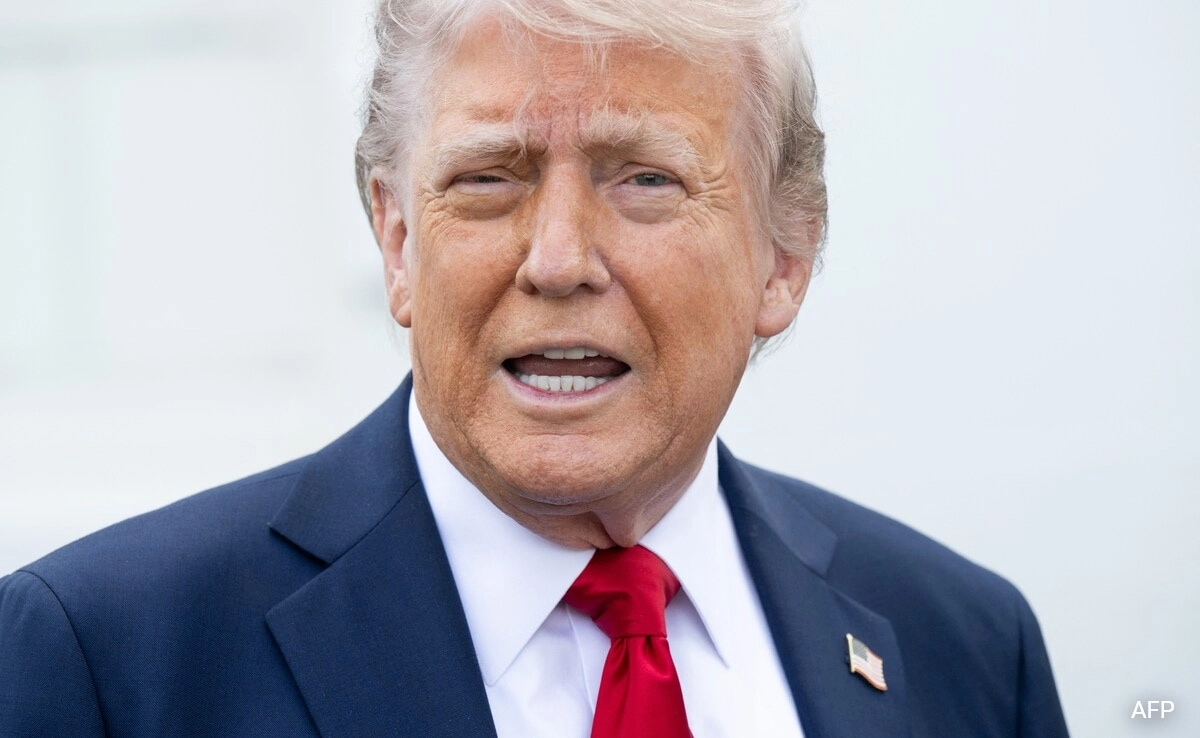In a recent statement, former President Donald Trump issued a stern warning to countries that continue to purchase oil from Iran, signaling a potential return to stringent sanctions reminiscent of his administration’s policies. This declaration underscores the ongoing tensions surrounding Iran’s oil exports, particularly in light of the country’s contentious nuclear program and its role in regional conflicts. Trump’s message was clear: nations that engage in trade with Iran, particularly in the energy sector, could face economic repercussions, reflecting a commitment to curtailing Tehran’s influence on the global stage.
The threat of sanctions is not merely a political maneuver; it highlights the delicate balance of international relations in the energy market. Many countries, particularly those dependent on oil imports, find themselves in a precarious position as they navigate the complexities of U.S. foreign policy while attempting to secure their energy needs. Trump’s warning could lead to significant shifts in global oil trade dynamics, as nations weigh the benefits of Iranian oil against the potential costs of American sanctions. The implications of these threats extend beyond economic considerations, as they also encompass broader geopolitical strategies and alliances.
Moreover, this renewed emphasis on sanctions is part of a larger narrative regarding Iran’s activities and its interactions with the international community. The U.S. has long maintained that Iran’s oil revenues support its military endeavors and destabilizing actions in the Middle East. By targeting countries that purchase Iranian oil, Trump aims to disrupt Iran’s financial capabilities, thereby limiting its ability to fund activities perceived as threatening to regional stability. This approach reflects a broader strategy of isolation that has characterized U.S. dealings with Iran since the withdrawal from the nuclear deal in 2018.
As the global landscape evolves, the impact of such sanctions could reverberate through various sectors, particularly as countries reassess their energy strategies in light of potential U.S. backlash. The interplay between energy independence, economic sanctions, and international diplomacy is intricate and multifaceted. Nations must now consider not only their immediate energy needs but also the long-term implications of their trade relationships with Iran. This scenario serves as a reminder of the interconnectedness of global markets and the far-reaching consequences of unilateral sanctions in an increasingly complex geopolitical environment.




